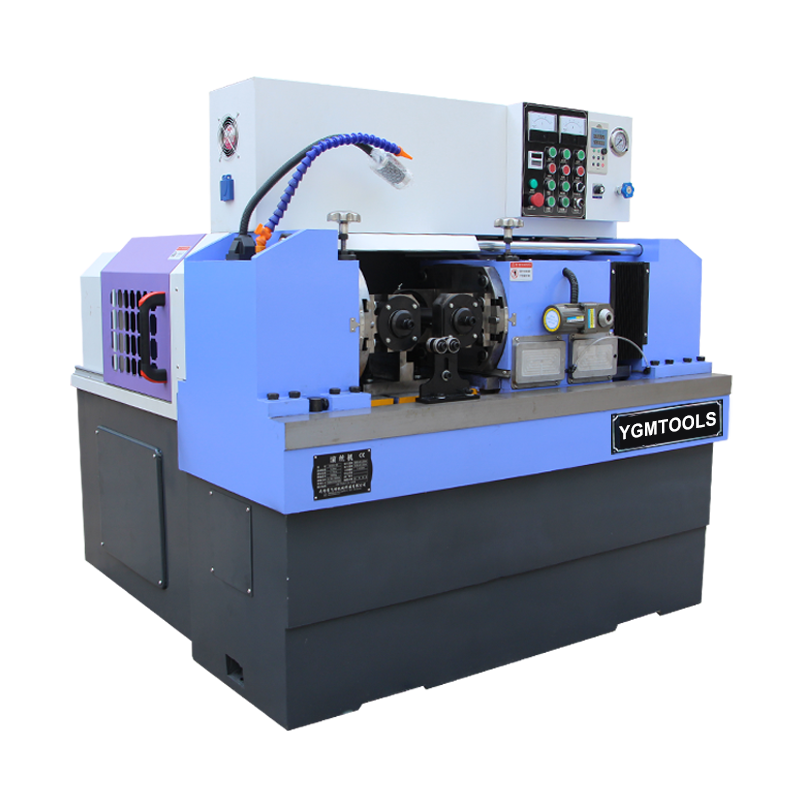
-
 Afrikaans
Afrikaans -
 Albanian
Albanian -
 Amharic
Amharic -
 Arabic
Arabic -
 Armenian
Armenian -
 Azerbaijani
Azerbaijani -
 Basque
Basque -
 Belarusian
Belarusian -
 Bengali
Bengali -
 Bosnian
Bosnian -
 Bulgarian
Bulgarian -
 Catalan
Catalan -
 Cebuano
Cebuano -
 Corsican
Corsican -
 Croatian
Croatian -
 Czech
Czech -
 Danish
Danish -
 Dutch
Dutch -
 English
English -
 Esperanto
Esperanto -
 Estonian
Estonian -
 Finnish
Finnish -
 French
French -
 Frisian
Frisian -
 Galician
Galician -
 Georgian
Georgian -
 German
German -
 Greek
Greek -
 Gujarati
Gujarati -
 Haitian Creole
Haitian Creole -
 hausa
hausa -
 hawaiian
hawaiian -
 Hebrew
Hebrew -
 Hindi
Hindi -
 Miao
Miao -
 Hungarian
Hungarian -
 Icelandic
Icelandic -
 igbo
igbo -
 Indonesian
Indonesian -
 irish
irish -
 Italian
Italian -
 Japanese
Japanese -
 Javanese
Javanese -
 Kannada
Kannada -
 kazakh
kazakh -
 Khmer
Khmer -
 Rwandese
Rwandese -
 Korean
Korean -
 Kurdish
Kurdish -
 Kyrgyz
Kyrgyz -
 Lao
Lao -
 Latin
Latin -
 Latvian
Latvian -
 Lithuanian
Lithuanian -
 Luxembourgish
Luxembourgish -
 Macedonian
Macedonian -
 Malgashi
Malgashi -
 Malay
Malay -
 Malayalam
Malayalam -
 Maltese
Maltese -
 Maori
Maori -
 Marathi
Marathi -
 Mongolian
Mongolian -
 Myanmar
Myanmar -
 Nepali
Nepali -
 Norwegian
Norwegian -
 Norwegian
Norwegian -
 Occitan
Occitan -
 Pashto
Pashto -
 Persian
Persian -
 Polish
Polish -
 Portuguese
Portuguese -
 Punjabi
Punjabi -
 Romanian
Romanian -
 Russian
Russian -
 Samoan
Samoan -
 Scottish Gaelic
Scottish Gaelic -
 Serbian
Serbian -
 Sesotho
Sesotho -
 Shona
Shona -
 Sindhi
Sindhi -
 Sinhala
Sinhala -
 Slovak
Slovak -
 Slovenian
Slovenian -
 Somali
Somali -
 Spanish
Spanish -
 Sundanese
Sundanese -
 Swahili
Swahili -
 Swedish
Swedish -
 Tagalog
Tagalog -
 Tajik
Tajik -
 Tamil
Tamil -
 Tatar
Tatar -
 Telugu
Telugu -
 Thai
Thai -
 Turkish
Turkish -
 Turkmen
Turkmen -
 Ukrainian
Ukrainian -
 Urdu
Urdu -
 Uighur
Uighur -
 Uzbek
Uzbek -
 Vietnamese
Vietnamese -
 Welsh
Welsh -
 Bantu
Bantu -
 Yiddish
Yiddish -
 Yoruba
Yoruba -
 Zulu
Zulu
Exploring Innovative Techniques in the Production of Thread Rolling Tools for Modern Manufacturing Needs
Thread Rolling Tool Factories An Essential Component of Manufacturing Efficiency
In the modern manufacturing landscape, the significance of thread rolling tools cannot be overstated. These tools are crucial for producing screws, bolts, and various fasteners that are foundational in countless industrial applications. As industries strive for enhanced efficiency and reduced production costs, thread rolling tool factories play a pivotal role in meeting these demands.
Thread rolling is a preferred machining process due to its ability to produce high-quality threads with superior strength and precision. Unlike traditional cutting methods, thread rolling reshapes the material through compressive forces, leading to stronger threads with finer surface finishes. This process significantly reduces material waste, making it an eco-friendly option as well.
The Manufacturing Process
Thread rolling tool factories employ advanced technology and skilled labor to produce a variety of rolling tools. The manufacturing process typically begins with the selection of high-quality materials, such as high-speed steel or carbide, which exhibit the necessary durability and resistance to wear. Once the materials are sourced, the production journey involves precise shaping, heat treatment, and surface finishing.
The shaping process is conducted using CNC (Computer Numerical Control) machines that ensure accuracy and repeatability. These machines are equipped with intricate programming, allowing for the production of complex thread profiles that can meet specific client requirements. After shaping, the tools undergo heat treatment to enhance their hardness and longevity, thereby ensuring they can withstand the demands of high-volume production runs.
Quality Control
In thread rolling tool factories, rigorous quality control measures are essential. Each tool undergoes a series of inspections to verify dimensions, surface integrity, and overall performance. Factories often utilize advanced measurement technologies, such as laser scanning and coordinate measuring machines (CMM), to ensure that every product meets stringent industry standards. This focus on quality not only heightens the reliability of the tools but also bolsters the reputation of the manufacturers.
thread rolling tool factories

Innovations and Trends
The thread rolling industry has witnessed significant advancements and trends that are shaping the future of manufacturing. Automation and the integration of Industry 4.0 principles are at the forefront of these changes. Many factories have embraced smart technologies, enabling real-time monitoring of production processes and predictive maintenance. This transition maximizes uptime and minimizes operational delays, ensuring that production schedules are adhered to.
Moreover, there is a growing emphasis on customization. As industries evolve, the demand for specialized tools tailored to specific applications increases. Thread rolling tool factories are responding to this trend by offering flexible manufacturing solutions, allowing clients to specify dimensions, shapes, and material properties that align with their unique requirements.
Environmental Considerations
Sustainability is another key focus for thread rolling tool factories. As manufacturers face mounting pressure to minimize their ecological footprints, many are adopting practices that enhance their environmental performance. This includes recycling scrap materials, utilizing energy-efficient machinery, and reducing waste through lean manufacturing techniques. Consequently, factories are not only improving their operational efficiencies but also contributing positively to environmental conservation efforts.
Conclusion
Thread rolling tool factories represent an integral segment of the manufacturing industry. By producing high-quality, durable tools that enhance thread rolling processes, these factories help businesses achieve greater efficiency and cost-effectiveness. As they adapt to innovations, embrace automation, and commit to sustainability, thread rolling tool factories will continue to be vital players in driving the future of manufacturing. In a world that increasingly values precision and sustainability, their role is more critical than ever.
